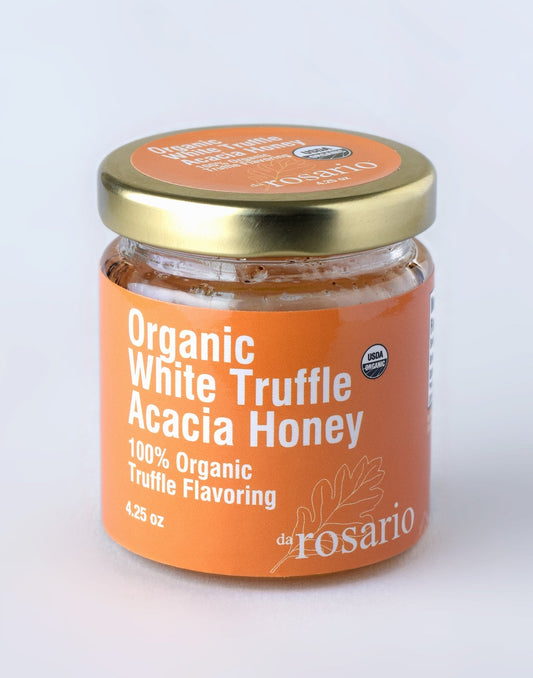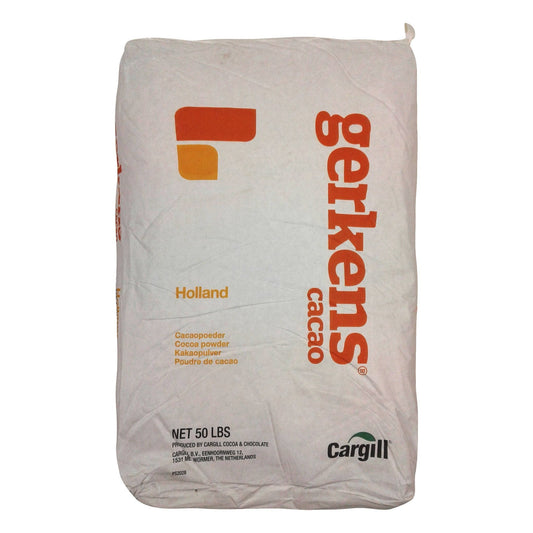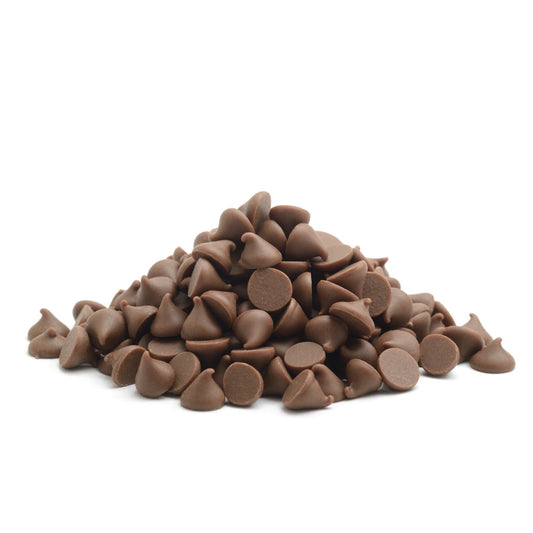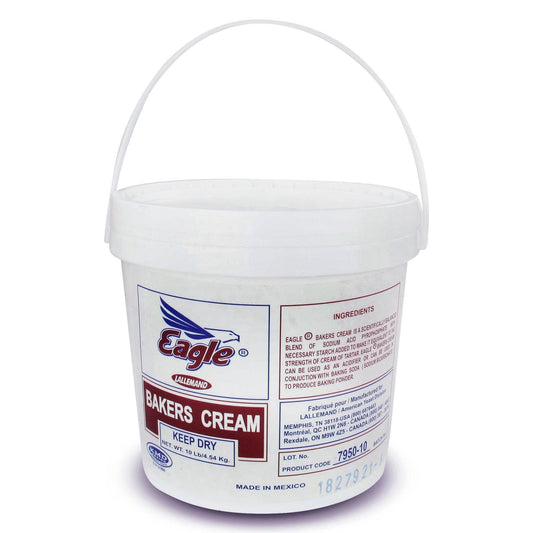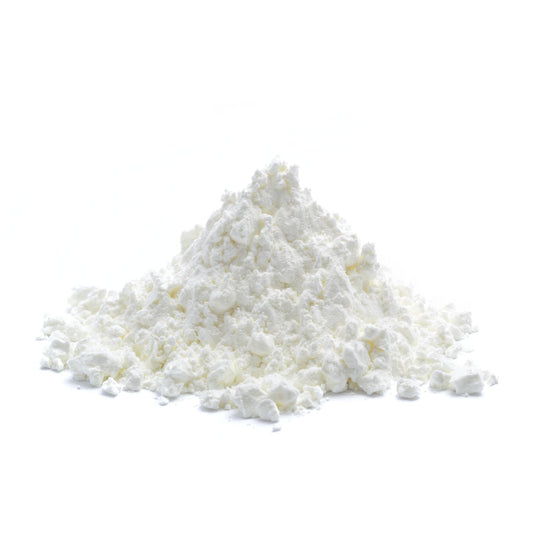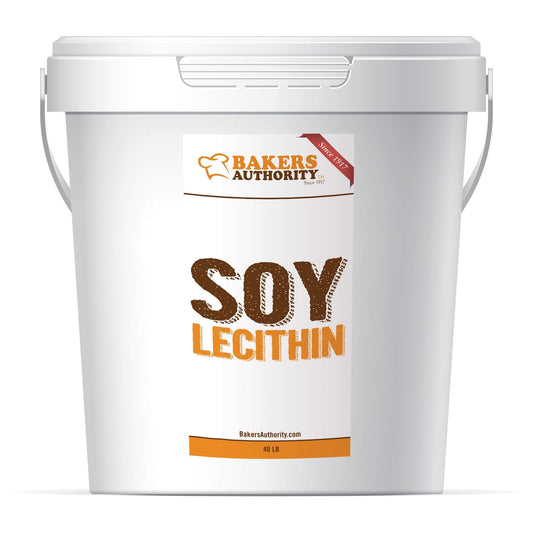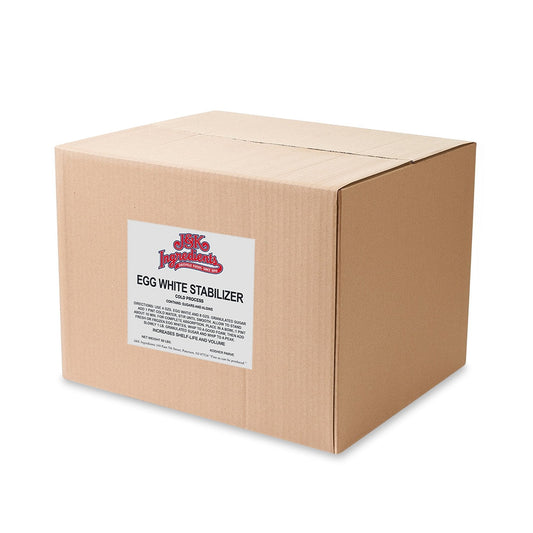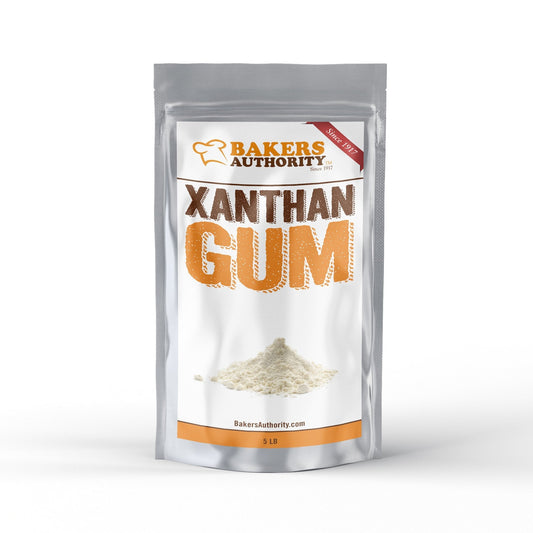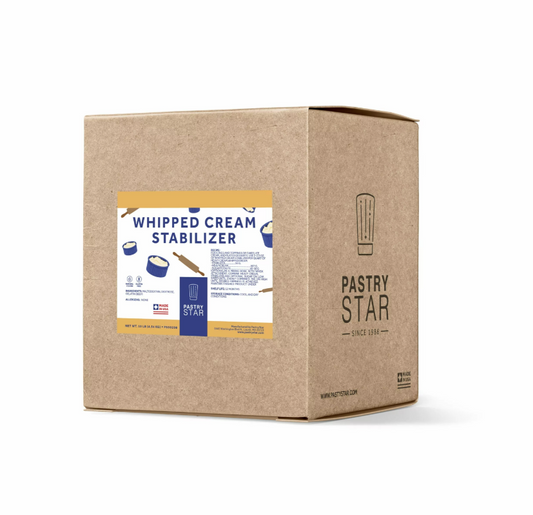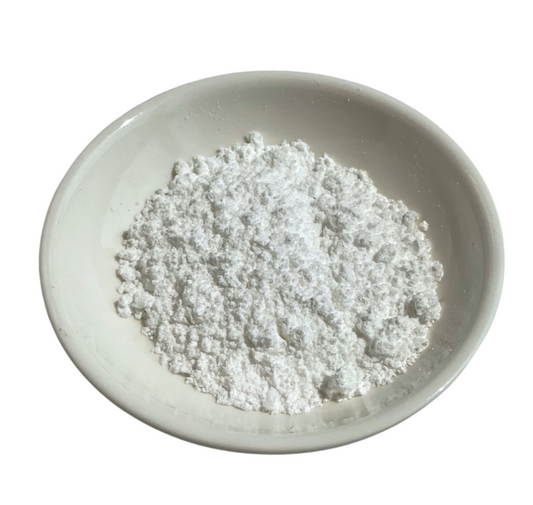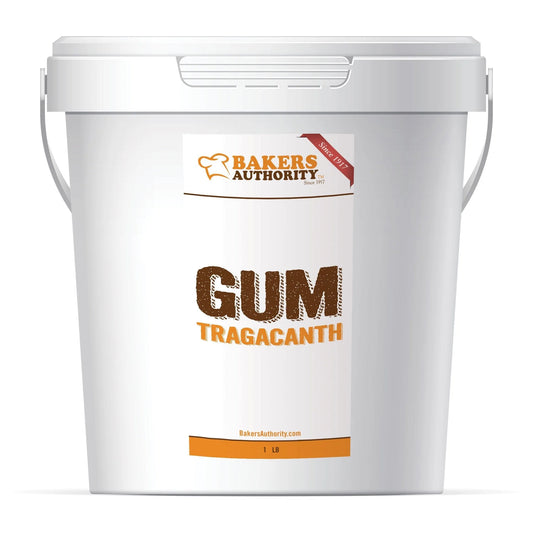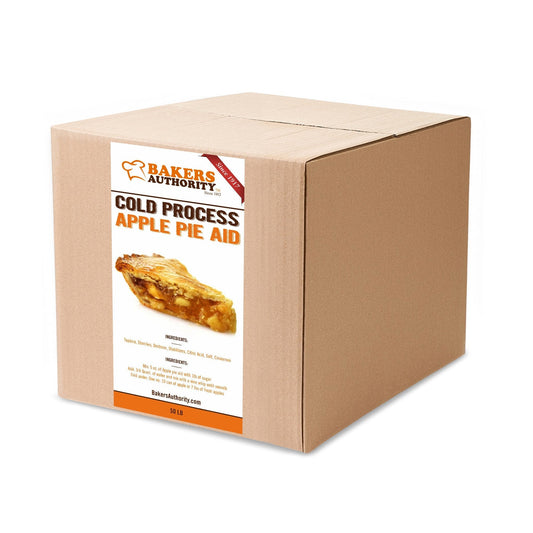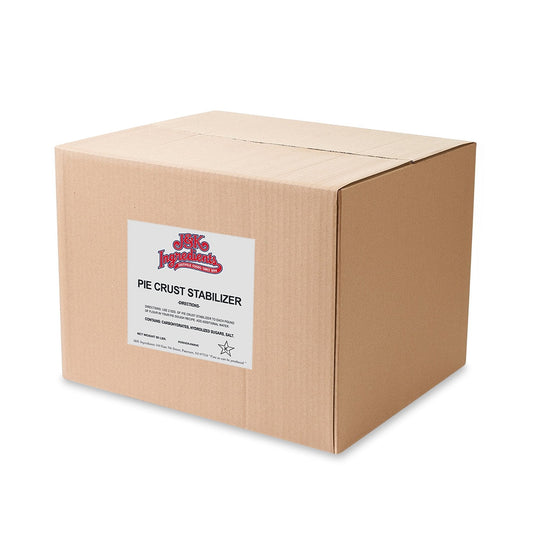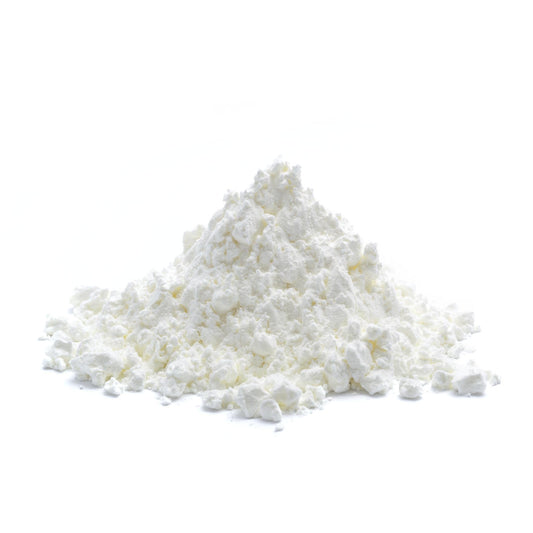-
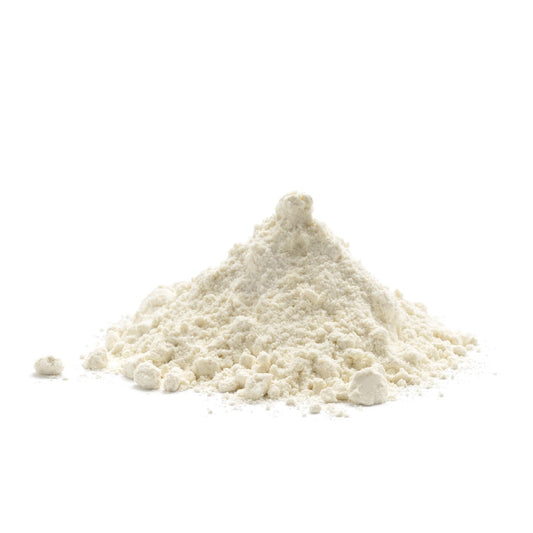 -31%Vendor:AIC
-31%Vendor:AICXanthan Gum 55 LB
Regular price $399.99Regular priceUnit price per$575.00Sale price $399.99Sale -
Vendor:Lallemand
Eagle Bakers Cream/Cream of Tartar Alternative
Regular price $36.74Regular priceUnit price per -
Vendor:Bakers Authority
Cream of Tartar
Regular price $7.04 / 5lbRegular priceUnit price per/ 5lbSale price $7.04 / 5lb -
Vendor:US Chocolate
Soy Lecithin - Liquid
Regular price $123.08Regular priceUnit price per -
Vendor:J & K Ingredients
Egg White Stabilizer
Regular price $161.03 / 50LBRegular priceUnit price per/ 50LBSale price $161.03 / 50LB -
Vendor:Bakers Authority
5LB Xanthan Gum
Regular price $39.99Regular priceUnit price per -
Vendor:PastryStar
Whipped Cream Stabilizer 2x10LB
Regular price $146.00Regular priceUnit price per -
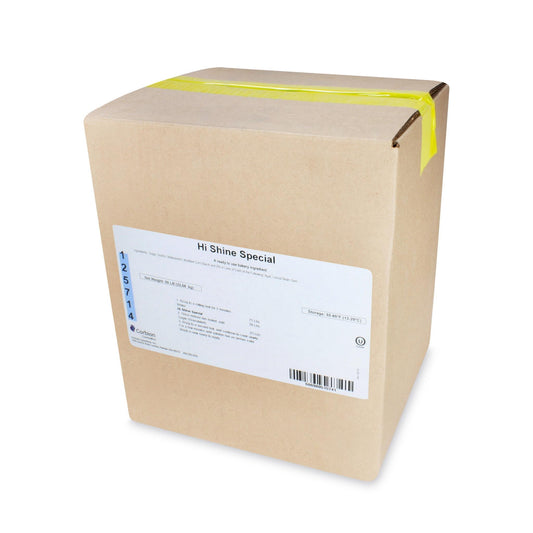 Sold outVendor:CARAVAN
Sold outVendor:CARAVANHi Shine Special Dough Stabilizer
Regular price $114.91 / 50LBRegular priceUnit price per/ 50LBSale price $114.91 / 50LBSold out -
Vendor:Bakers Authority
Gum Tragacanth Replacement - Tylose Powder - CMC Powder
Regular price $74.09Regular priceUnit price per -
Vendor:Shelko
Apple Pie Stabilizer 50lb
Regular price $300.13Regular priceUnit price per -
Vendor:J & K Ingredients
Pie Crust Stabilizer
Regular price $90.73 / 50LBRegular priceUnit price per/ 50LBSale price $90.73 / 50LB -
Vendor:Bakers Authority
Soluble Stabilizer
Regular price $87.70Regular priceUnit price per -
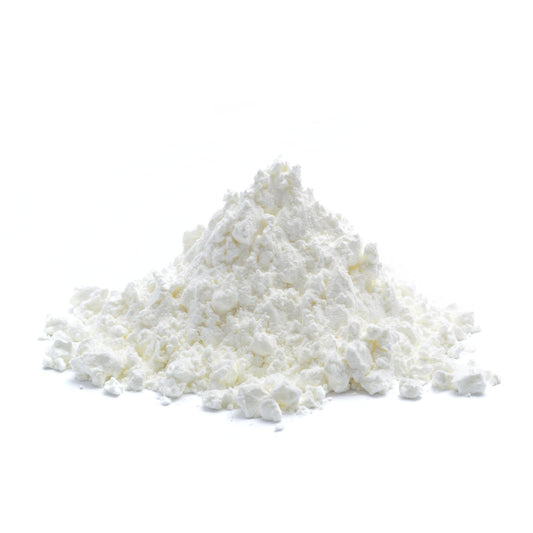
 Sold outVendor:Bakers Authority
Sold outVendor:Bakers Authority5LB Soluble Stabilizer
Regular price $57.00Regular priceUnit price per
Frequently Asked Questions
-
What are stabilizers, and why are they essential for commercial baking?
- Stabilizers are substances that improve the consistency, texture, and shelf-life of baked goods. For commercial bakers, they ensure product uniformity, improved texture, and longer freshness, which are essential for customer satisfaction and operational efficiency.
-
Which stabilizers are recommended for gluten-free baking?
- Many stabilizers like xanthan gum, guar gum, and hydroxypropyl methylcellulose (HPMC) are popular choices for gluten-free baking. They help mimic the elasticity and structure that gluten provides in traditional baking.
-
How do stabilizers affect the shelf-life of baked products?
- Stabilizers can inhibit staling, retain moisture, and prevent phase separation in emulsified products. This leads to longer shelf-life, maintaining the freshness and quality of baked goods over time.
-
Are there natural stabilizers available for commercial baking?
- Yes, many natural stabilizers are derived from plants, seeds, or seaweeds, such as agar-agar, pectin, and locust bean gum. They offer the added benefit of being more appealing to health-conscious consumers and those looking for clean-label products.
-
How can I determine the right amount of stabilizer to use in my recipe?
- The appropriate amount varies depending on the specific stabilizer and the desired outcome of the baked product. It's always best to start by following the manufacturer's guidelines, then adjust based on trials and desired results.
-
Are there any allergen concerns associated with baking stabilizers?
- While many stabilizers are naturally derived and allergen-free, it's essential to read the ingredient specifications carefully. Some individuals may have sensitivities or allergies to specific stabilizers, so always disclose stabilizer ingredients on product labels.
-
Do stabilizers alter the taste or color of baked goods?
- Quality stabilizers are designed to have minimal impact on flavor or color. However, in larger quantities, some might have a subtle effect. It's always a good practice to test new stabilizers in small batches to ensure they don’t alter the desired taste or appearance of your products.
-
How do stabilizers interact with other ingredients in baking?
- Stabilizers can interact with ingredients like fats, liquids, and other additives to enhance texture and other properties. For instance, in cream-filled pastries, stabilizers can prevent water from the cream to migrate into the pastry, keeping both components distinct and fresh. Always ensure the compatibility of stabilizers with other ingredients to achieve the best results.

